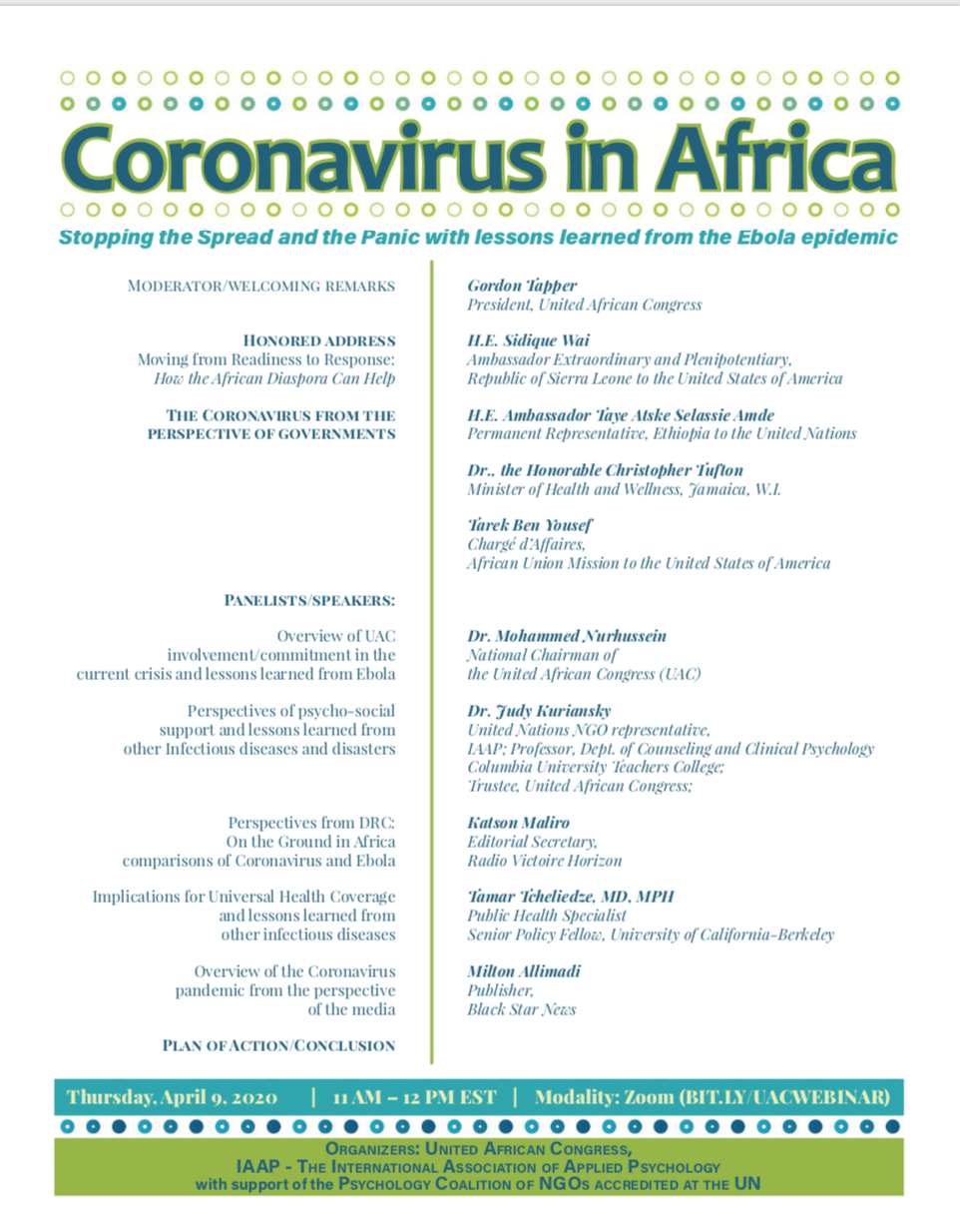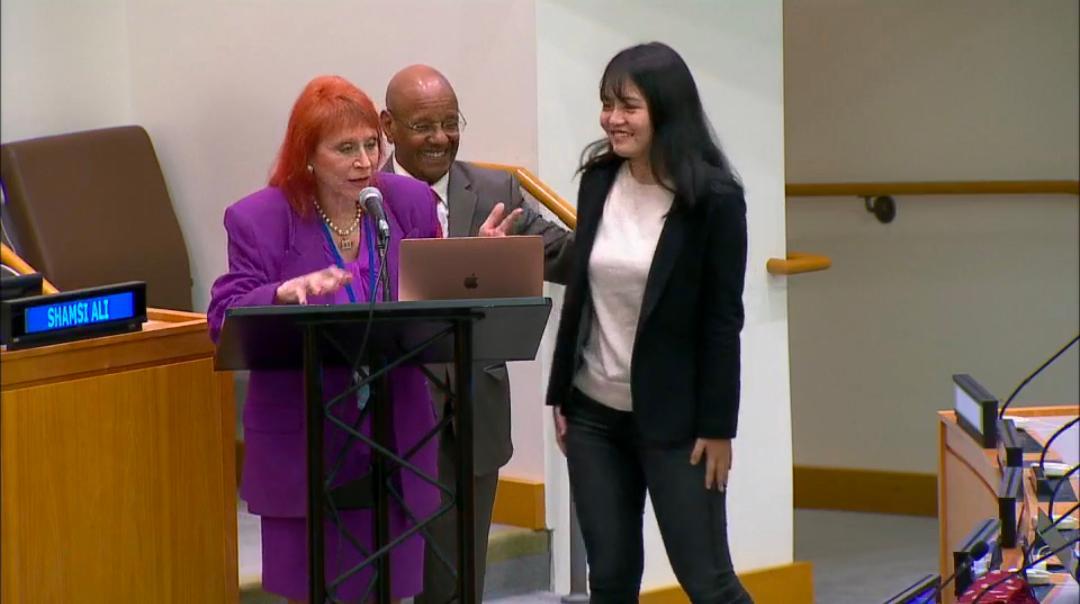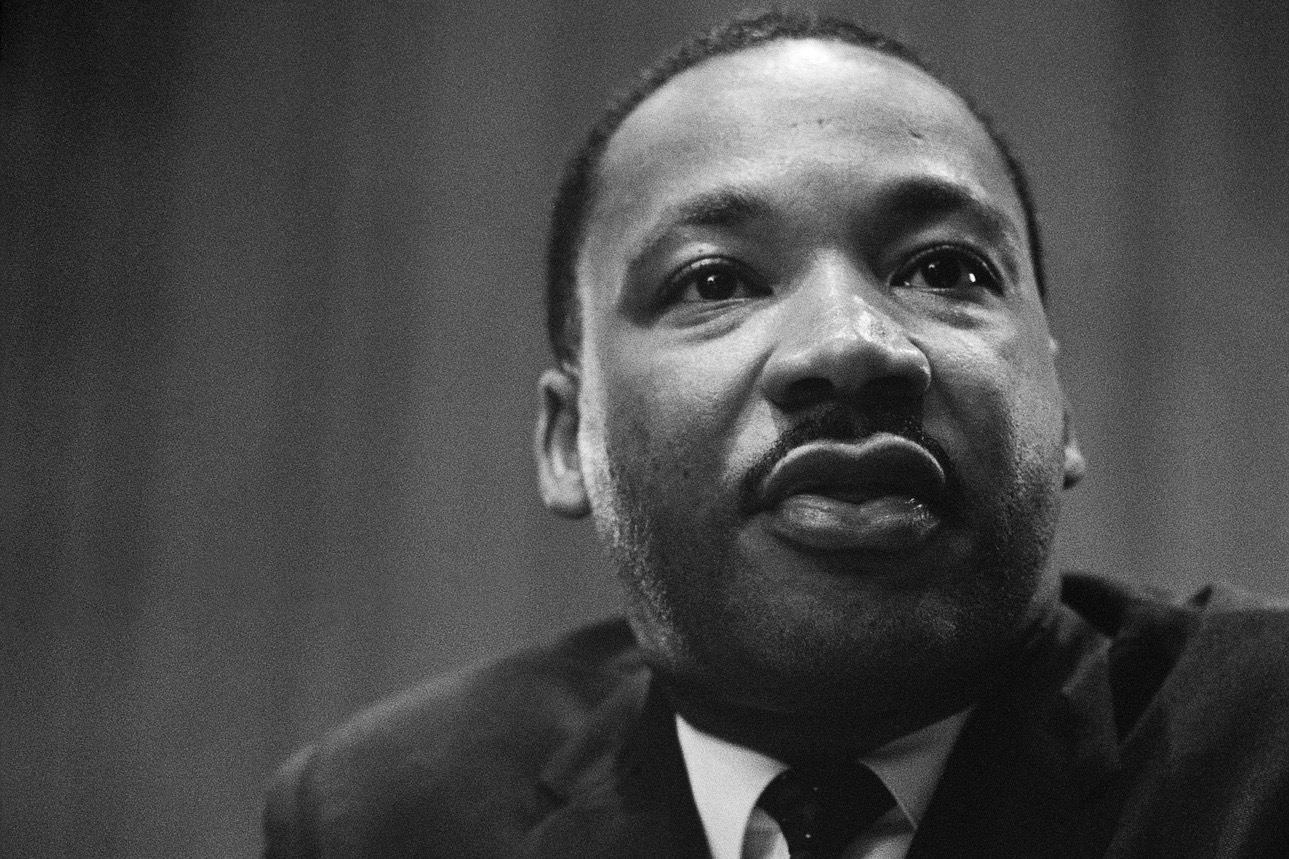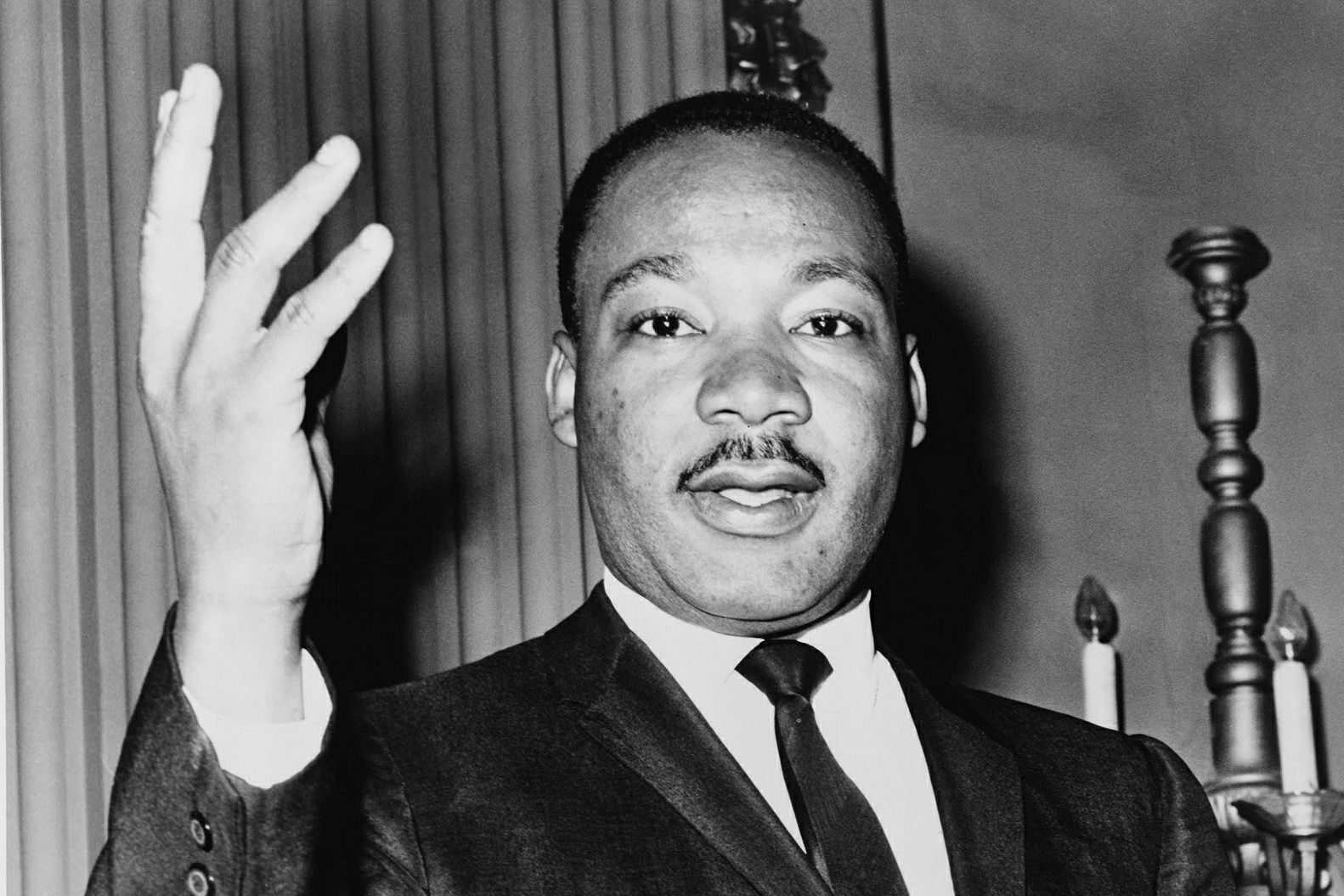Webinar on Africa and COVID-19: Stopping the Spread and the Panic
 Friday, May 15, 2020 at 10:16PM
Friday, May 15, 2020 at 10:16PM 
CONCEPT NOTE: Webinar in Response to Recent Developments in the COVID-19 Pandemic in Africa
TITLE: Coronavirus in Africa: Stopping the Spread and the Panic with Lessons Learned from the Ebola Epidemic
DATE: Thursday, 9 April 2020
TIME: 11:00AM – 12:00PM EST MODALITY: Zoom; LINK: bit.ly/UACWebinar
Organized by: The United African Congress, the International Association of Applied Psychology, and the Psychology Coalition at the United Nations (PCUN)
PURPOSE: Africa had been given a few weeks before the deadly coronavirus that hit countries around the world invaded the continent. Now, the threat of the pandemic infecting the continent of Africa is a reality, with the number of countries affected growing by the day. The dangers are clear, given at-risk conditions, including fragile health infrastructures, widespread poverty, limited financial resources, and absence of national social welfare safety nets such as those existing in industrialized countries. Heightened alert and immediate action is therefore urgent.
This webinar responds to this drastic situation. Panelists will address the physical and mental health, economic, as well as social impacts of the infection in Africa. In particular, they will focus on the alert and action required on the part of all multistakeholders on the continent, and call on the broader international community to intervene to provide resources and work together with the African Union (AU) to establish best-practice procedures to stave off a rampant pandemic escalating out of control.
This event will mark the first in a series of informative webinars structured around the overarching theme of “The Coronavirus Crisis in Africa: Stopping the Spread and the Panic.” More information on subsequent programming will be provided soon.
POLICY: The importance of combating this pandemic is underscored by efforts to achieve the United Nations Sustainable Development Goals (SDGs); in particular, SDG 3 about the promotion of healthy living and wellbeing for all, with the concomitant target 3.4 regarding mental health and wellbeing. The panel also addresses SDG 4 for inclusive and equitable education, especially public education, while respecting cultural factors. In addition, SDG 17 calls for multi-stakeholder partnership, as is happening in the USA with assistance from the private sector. The approach to COVID-19 also addresses the goals of the Political Declaration of Universal Health Coverage, that calls for health and mental health access for all, essentially important in this crisis, as the most vulnerable persons have less access to such care. Further, the Global Compact for Migration calls for health care for this population that is at increased risk for contracting the infection.
The panel will address the current crisis by drawing upon lessons from the 2014-2016 Ebola epidemic in West Africa—touching upon topics around mitigation, capacity-building, policy, and successful programming—and by discussing why given Africa’s resource limitation, infrastructural underdevelopment, and cultural barriers to social distancing, may present unique challenges.The President of the United African Congress Mr. Gordon Tapper previously moderated a panel related to the Ebola epidemic titled, “Harlem to Congo,” and will moderate this panel. Other panel speakers represent various sectors, from government, UN agencies, civil society and media, thereby reflecting the multi-stakeholder partnership of SDG17. The panel will employ a holistic perspective, presenting not only the medical, but also the psychological issues evident in this outbreak. This approach is consistent with the policies mentioned above, considering mental health is integral to physical health.
BACKGROUND: The United African Congress sounded an early alarm regarding the spread of the coronavirus to Africa on 6 February at an event at the United Nations on the occasion of World Interfaith Harmony Week. Partnering with the Mission of Ethiopia to the UN, the panel of faith leaders and experts of various disciplines addressed solutions to serious issues plaguing humanity, from climate change, widespread violence, religious and racial intolerance, to the health epidemic of coronavirus. UAC Trustee and well-known psychologist Dr. Judy Kuriansky amplified this alarm in her column on 3 March in Black Star News titled, “Sounding the Alarm about Coronavirus in Africa.”
The coronavirus may be “novel” only in name, because the disease raises familiar challenges underlying other epidemics, such as SARS, HIV/AIDS, and Ebola. Similar issues are raised, involving mitigation and treatment, and the need for action in the face of such a medical crisis. Panelists on the webinar are very familiar with these past epidemics, advocating about health and organizing valuable programming. For example, in August 2014, the UAC and partners hosted the first forum at the United Nations on the Ebola outbreak in West Africa, including participation from the ambassadors of Sierra Leone, Liberia and Guinea, medical experts in the field, a Nobel Prize nominee for Medicine, and expatriate organizations from the three affected countries.
Additionally, Dr. Kuriansky provided psychosocial support during the SARS outbreak in Hong Kong in 2003, and during the Ebola epidemic in Sierra Leone in 2014. Resources of lessons learned from Ebola can be found in the links below.
Recently, on 21 March, Dr. Kuriansky, along with Columbia University Teachers College graduate students, and local mental health professionals, held a webinar for people in China coping with the emotional sequelae of the outbreak. The webinar entailed an overview of the post-epidemic situation, including psychological research and advice (especially for children and for students returning to China), results of a domestic population psychological status survey, and grief counseling for those suffering from loss.
SUMMARY OVERVIEW: As media coverage became inundated with cases of the coronavirus sweeping across Asia, Europe, and North America, a narrative emerged that Africa was thought to have evaded the fatal virus. This was not the case. As of late, there are several thousand confirmed cases of the virus on the continent, with the number of affected countries growing day by day. Given the fragile health systems in these countries and prevalence of at-risk conditions, World Health Organization (WHO) officials have urged African leaders to respond with vigor, and to strengthen efforts to contain the disease before it overwhelms communities. At a media briefing on 18 March, WHO Director-General Dr. Tedros Adhanom Ghebreyesus strongly advised leaders to "wake up" to the increasing threat, remarking that, "The best advice for Africa is to prepare for the worst and prepare today.”
These recent developments highlight several key touchpoints; namely, the importance of early action from governments, the indispensable value of cooperation from all sectors, and solidarity among communities for preventive behavior. African countries have an opportunity (noted as a “head start”) to combat COVID-19 before it spirals out of control. They can apply models from other nations who have successfully managed to control the spread of the virus, like South Korea and Singapore. Some measures include increasing testing, stocking hospital supplies, ensuring health worker personnel safety, limiting public gatherings, increasing awareness of hygiene and sanitation strategies, providing provisions for families and business, and shutting down schools and non-essential establishments. On the other hand, given the resource limitation and infrastructural underdevelopment in many African countries, it is vital that the WHO and AU also make an effort to explore alternative measures that are more equitable in nature. For instance, collaboration with a country like Cuba which has a track record of fighting pandemics and whose infrastructural capacities better mirror those of African countries would be a potential option.
Furthermore, in many African countries, as elsewhere, challenges to such solutions include the difficulties of physical distancing in densely-populated communities, the dynamics of confinement in multigenerational households, and limited access to basic necessities, such as food and water, especially in rural and non-urban areas. The continent’s exceedingly young population may also necessitate stronger guidance from leaders, emphasizing that all people—not just older individuals—are vulnerable to the illness.
The migration of the coronavirus to Africa is a sober reminder that disease does not discriminate—it has no regard for nationality, race, class, age, or geographic boundaries.. Thus, meeting the threat of the coronavirus will demand great responsibility from society as a whole, and a shifting of perspective to the commonality of needs for all people facing crisis. This global public health emergency demands multilateral cooperation among nations, collective responsibility among individuals, and in the words of Director-General Dr. Tedros, an insurmountable “spirit of solidarity” from everyone involved.
Resource links about psychosocial resilience from the Ebola epidemic and other materials pertinent to the COVID-19 pandemic:
Book: The Psychosocial Aspects of a Deadly Epidemic: What Enola has Taught Us about Holistic Healing, with extensive policy feedback, program recommendations, and models.
Reference Articles:
● “I am African, I Am Not a Virus” (Blog for World Humanitarian Summit on E-International Relations)
● “How a New York Psychologist and an Israeli Humanitarian Organization Are
Helping Sierra Leone Stand Up to Ebola” (Article and Interview by Ben Cohen on The Algemeiner)
Videos:
-
● Ebola, Theme song: “Hope Is Alive” Music Video (2019 April 1, YouTube)
-
● Ebola: Voices from the Field (2018 February 6, YouTube)
-
● Ebola: Psychosocial Issues During and After the Epidemic (2016 February 2,
YouTube)
● Ebola in Sierra Leone: Burial Team Workshop Led by Dr. Judy Kuriansky (2015 August 21, YouTube)
Guidelines around COVID-19 from the WHO and UNICEF:
● https://www.who.int/emergencies/diseases/novel-coronavirus-2019/advice-for-p ublic (2020 March 18, WHO)
● https://www.unicef.org/coronavirus/covid-19 (2020 March 25, UNICEF)
Program:
Coronavirus in Africa Stopping the Spread and the Panic with lessons learned from the Ebola epidemic
Moderator/welcoming remarks
Honored address: Moving from Readiness to Response: How the African Diaspora Can Help
The Coronavirus from the perspective of governments
Panelists/speakers:
Overview of UAC involvement/commitment in the current crisis and lessons learned from Ebola
Perspectives of psycho-social support and lessons learned from other Infectious diseases and disasters
Perspectives from DRC: On the Ground in Africa comparisons of Coronavirus and Ebola
Implications for Universal Health Coverage and lessons learned from other infectious diseases
Overview of the Coronavirus pandemic from the perspective of the media
Gordon Tapper
President, United African Congress
H.E. Sidique Wai
Ambassador Extraordinary and Plenipotentiary, Republic of Sierra Leone to the United States of America
H.E. Ambassador Taye Atske Selassie Amde
Permanent Representative, Ethiopia to the United Nations
Dr. the Honorable Christopher Tufton
Minister of Health and Wellness, Jamaica, W.I.
Tarek Ben Yousef
Chargé d’Affaires, African Union Mission to the United States of America
Dr. Mohammed Nurhussein National Chairman of the United African Congress (UAC)
Dr. Judy Kuriansky, United Nations NGO representative, IAAP; Professor, Dept. of Counseling and Clinical Psychology Columbia University Teachers College; Trustee, United African Congress;
Katson Maliro, Editorial Secretary, Radio Victoire Horizon
Tamar Tcheliedze, MD, MPH, Public Health Specialist, Senior Policy Fellow, University of California-Berkeley
Milton Allimadi, Publisher, Black Star News
Thursday, April 9, 2020 | 11 AM – 12 PM EST | Modality: Zoom (BIT.LY/UACWEBINAR)
Organizers: United African Congress,
IAAP - the international AssociatiOn of Applied Psychology
with support of the Psychology Coalition of Ngos accredited at the UN



